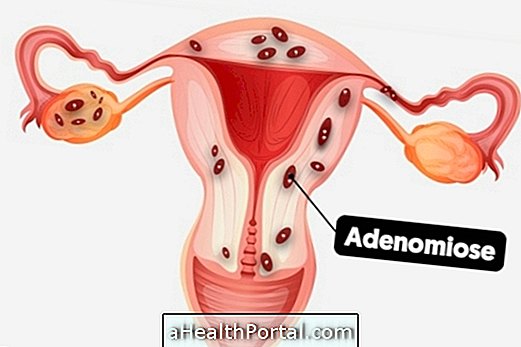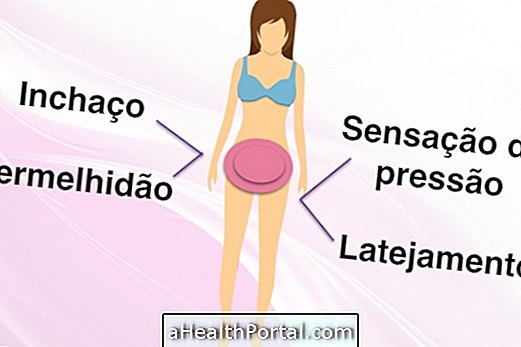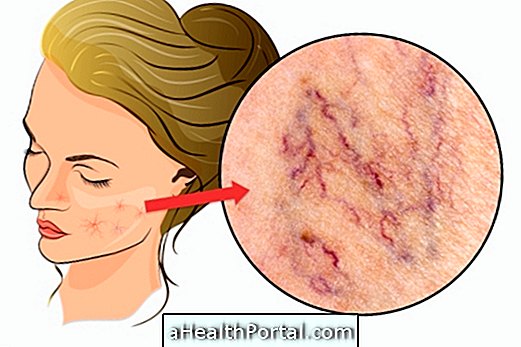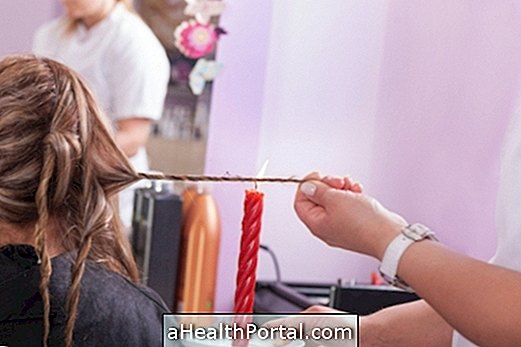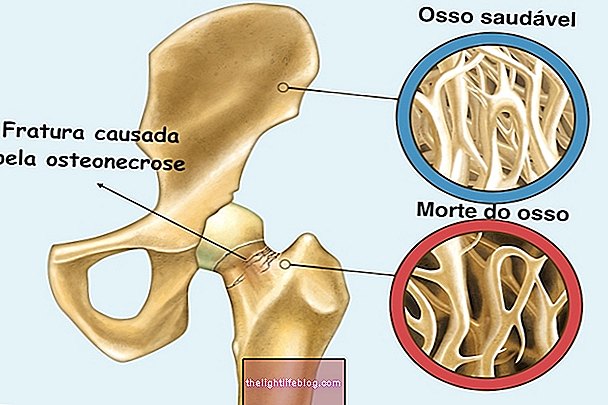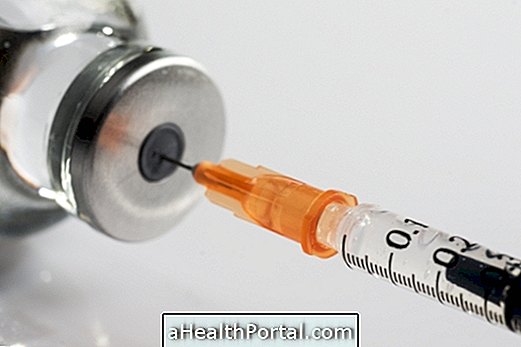Peeing after intimate contact helps to clear the urethra from bacteria, reducing the risk of developing a urinary tract infection, which can cause symptoms such as burning sensation when urinating, frequent urination and discomfort throughout the day.
This tip is especially important for women, since the urethral orifice is very close to the vagina and anus and can be easily contaminated through the sexual fluids with bacteria originating from these sites.
Also, since the female urethra is shorter than the man's urethra, it is easier for the bacteria to reach the bladder, which can aggravate the infection and cause more intense symptoms.
If you think you may have a urinary tract infection, see how the treatment is done.

How to prevent urinary tract infection after intimate contact
Although urinary infections are very common in women after intimate contact, there are some ways to reduce this risk. Other tips, in addition to emptying the bladder soon after sex, are:
- Wash the genital region before and after intercourse;
- Avoid the use of diaphragms or spermicides as a contraceptive method;
- Prefer to take a shower, because the bath facilitates the contact of bacteria with the urethra;
- Do not use intimate hygiene products with perfumes or other chemicals.
In men, the most important care is to keep the genital area well washed before and after intimate contact, as well as the use of a condom, as it protects the urethra from bacteria that may be in the partner's vagina or anus.
See in this video more easy tips to avoid urinary tract infection through diet:

Get to know 5 other habits you should avoid not having urinary tract infection.
